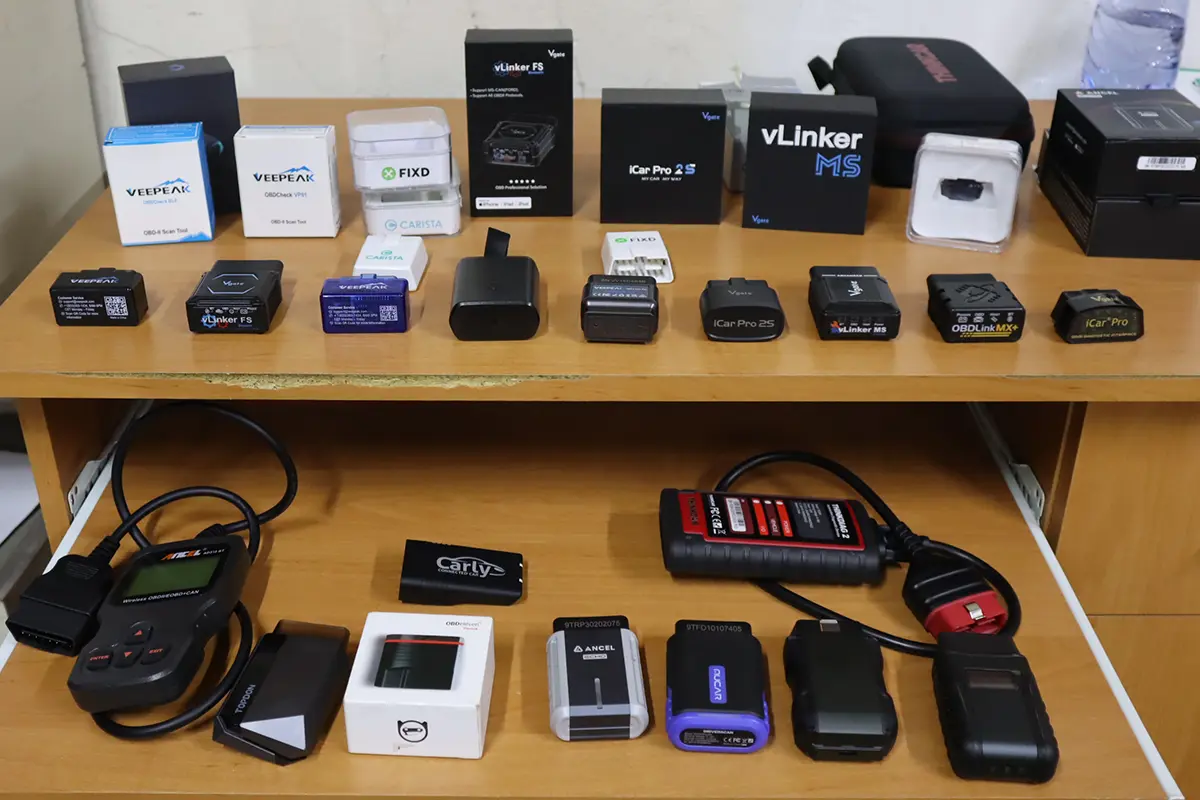The P2508: ECM/PCM Power Input Signal High refers to a problem where the Engine Control Module (ECM) or Powertrain Control Module (PCM) is receiving a higher-than-expected input voltage or signal. This could be due to issues with the power supply, a malfunctioning ECM/PCM, or faulty wiring, potentially affecting the module’s performance and the overall functioning of the vehicle.
P2508 – Quick Overview
| Code | Information |
|---|---|
| Meaning | P2508: ECM/PCM Power Input Signal High |
| Is it serious? | Yes, this code can lead to poor engine performance or erratic behavior. |
| Possible causes | – High voltage or signal in the ECM/PCM power input – Faulty ECM/PCM – Wiring or connector issues |
| How to diagnose? | – Measure the voltage and signal of the ECM/PCM power input – Inspect and test the ECM/PCM – Check wiring and connectors – Replace faulty components if needed |
Code Meaning
The P2508: ECM/PCM Power Input Signal High code indicates that the power input to the Engine Control Module or Powertrain Control Module is exceeding the required level. This overvoltage condition may cause improper engine control and can lead to erratic engine performance or potential damage to sensitive components. Ensuring the ECM/PCM receives proper voltage is vital for the smooth operation of the vehicle.
Step-by-step diagnostic guide
| Action | Description | Tools Needed |
|---|---|---|
| Check for Other Codes | Use an OBD-II scanner to check if there are additional related codes. These could provide more information about the cause of the high input signal. | OBD-II Scanner |
| Measure Voltage at ECM/PCM | Measure the voltage at the ECM/PCM power input using a multimeter. Verify that the voltage does not exceed the manufacturer-specified range. | Multimeter |
| Inspect ECM/PCM | Inspect the ECM/PCM for any visible signs of damage or malfunction. Test the module as per manufacturer guidelines to confirm proper operation. | Diagnostic Tool, Safety Gloves |
| Check Wiring and Connectors | Visually inspect all wiring and connectors leading to the ECM/PCM for corrosion, damage, or loose connections. Repair or replace any damaged components. | Flashlight, Multimeter |
| Test Battery and Charging System | Ensure that the battery and charging system are operating correctly, as excessive power supply can cause this code. | Battery Tester, Multimeter |
| Replace Faulty Components | If any components, such as the ECM/PCM or wiring, are found to be defective, replace them as necessary. | Replacement Parts, Vehicle Owner’s Manual |
| Clear the Code and Test Drive | After making the necessary repairs, clear the code using an OBD-II scanner and perform a test drive to verify the issue is resolved. | OBD-II Scanner, Vehicle Owner’s Manual |
| Recheck for Codes | Re-scan the vehicle after the test drive to ensure the P2508 code has not returned. If it reappears, further diagnostics may be required. | OBD-II Scanner |

OBD-II scanner Buyer’s Guide
- Scanner features explained
- Different types of scanners
- Scanners for coding/odometer/ECU/checks
- Best picks + discount codes
I test OBD-II scanners and make DIY Engine diagnostics guides to help you solve your car problems without having to depend on the mechanic. A lot of them will try to scam you or are just no help at all. About Juraj Lukacko